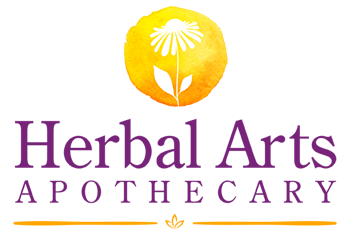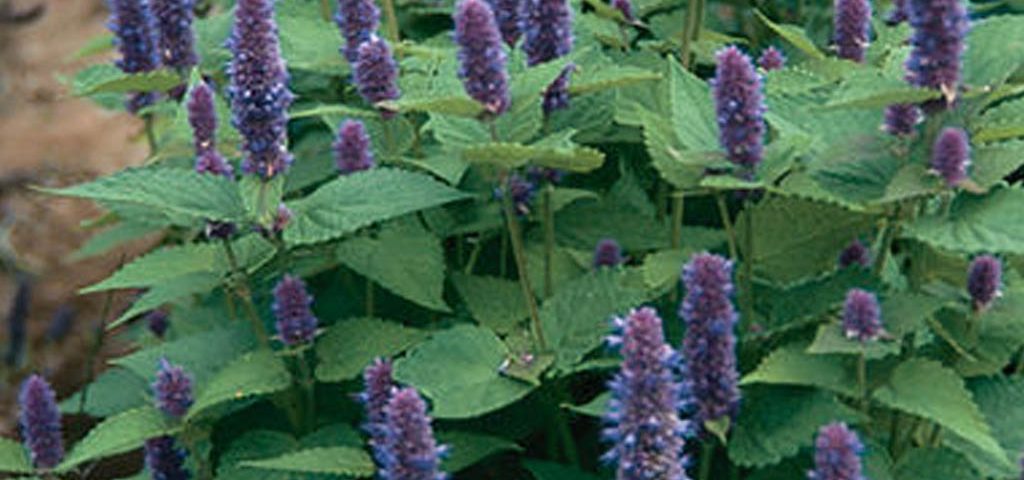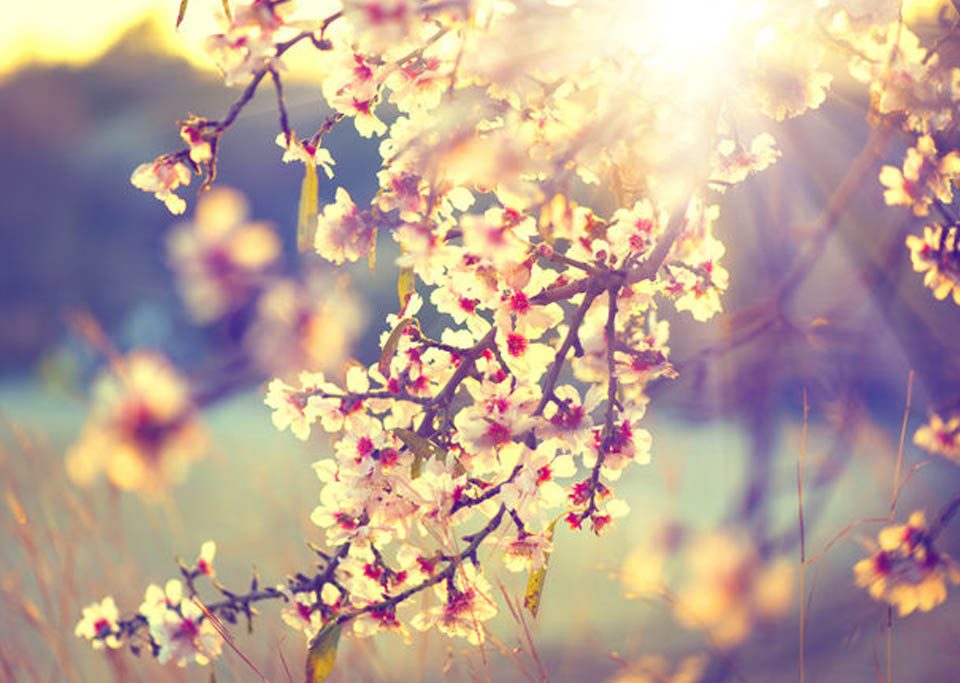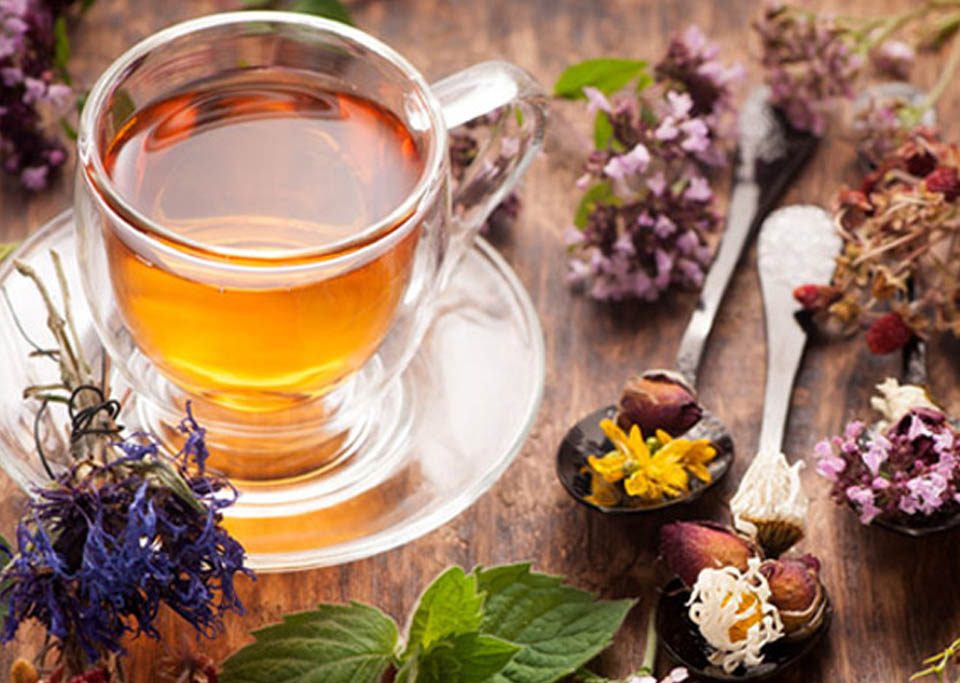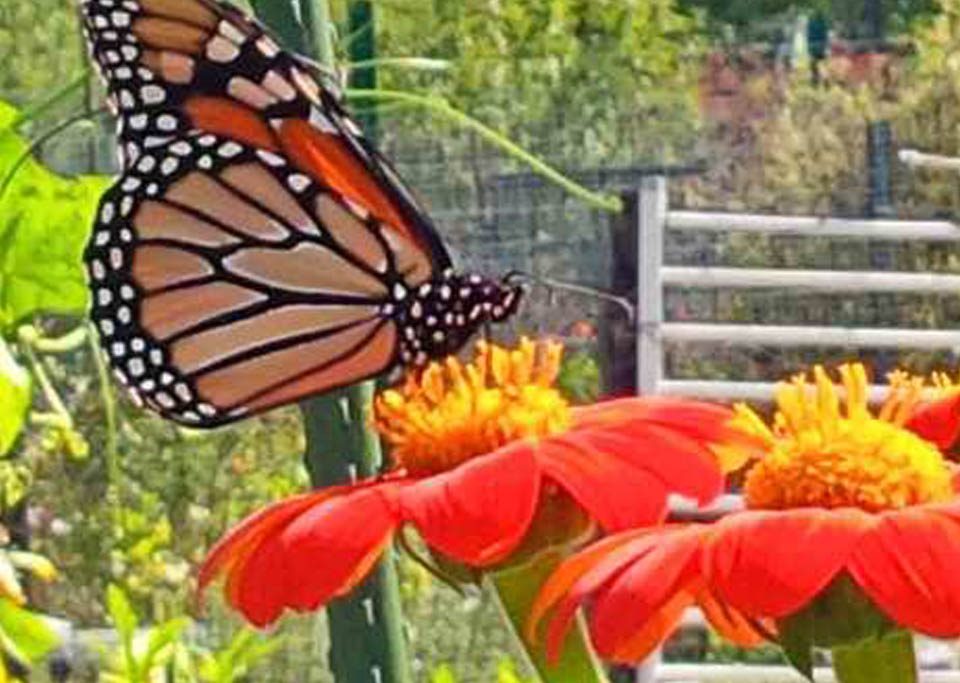The Gift of Empowerment

Musings on “Adulting”
March 27, 2019Become empowered, herbal friends. This is yours!
I’ve been thinking a lot lately about what it means to be an “herbalist,” and how this is somewhat of an elitist club.
Up until recently, I have felt like the perpetual student, and I have been studying herbal medicine for over 20 years. I’ve been teaching for close to 15. I have to admit that I have always felt like a bit of an imposter, even though my knowledge base is strong.
You see, I came of age in the era of the “expert” herbalist, the teacher. And I was, most decidedly, the student. I felt as though I would never know as much as my teachers, who were considered experts in the field. I felt as if there always more to know–the REALLY important information too technical for me in some way. In my mind, I needed to be more like a doctor who knew about herbs, not who I truly am: a person who loves plants, who is excited by them daily, and who has a personal relationship with quite a few of them. And, who also has used plants extensively for many years.
Not that I am knocking the herbalists who embrace the medical model. Many of my teachers have been important bridge-builders between the two worlds. But as I always tell students, I graduated from a rigorous 3 year herbal program with the materia medica of 300 herbs in my brain, and completely stumped as to how to ” be an herbalist,” in my own way.
I’ve done a lot of soul-searching since then, and I have come up with some basic theories about what it means to be an herbalist today, RIGHT NOW.
–Herbal information is your birthright. It doesn’t belong to any expert. It is yours.
–Herb books are great, but intimidating. Lists of herbs, with their materia medica, can be very confusing and daunting- especially when an herb is advertised as doing many, different things.
–It is more valuable to have a personal relationship with 10-20 plants, than to have memorized herbal information that is not your own. To truly understand plants, you have to use them. Herb books are a good place to start, but you have to eat them, drink them, make “medicine” out of them, use them when you are both healthy and ill, and grow them if possible (or see them growing).
–Taking a few classes with a local herbalist is invaluable, especially someone who is accessible and open to questions. Learning about your own bioregion is also essential.
The moral of the story: herbalism is yours. and you can take it back. Don’t be intimidated!! Start today, and start small. You’ve got this.
